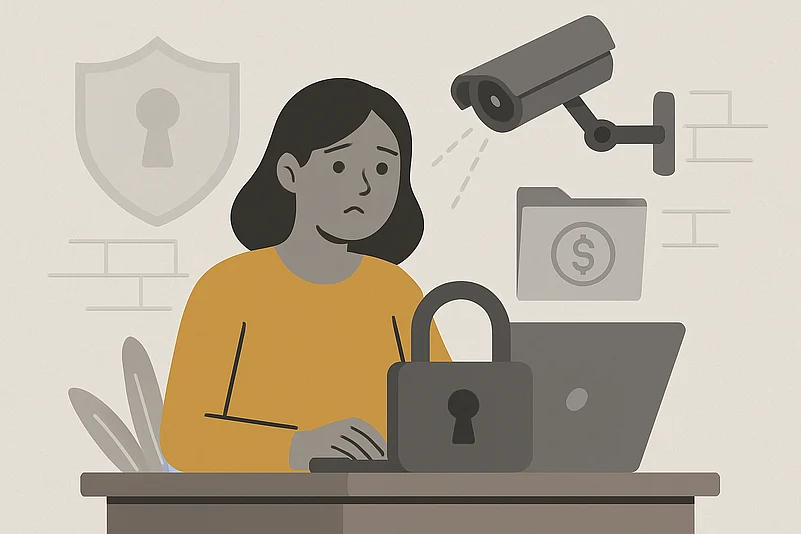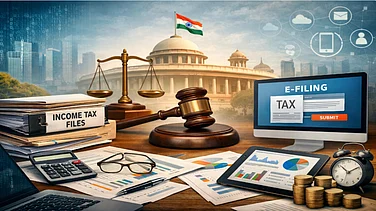The new Income Tax Bill, 2025 (IT Bill) gives power to the tax authorities to gain access to any computer system or virtual digital space by overriding access code in the course of conducting searches under the provisions of the IT Bill. It also provides a very broad and expansive definition of virtual digital space to include email servers, social media accounts, banks and trading accounts, cloud servers, etc. "Hence, the tax authorities will be able to access emails, messages on social media platforms like WhatsApp, Facebook, Instagram, etc., and personal and financial information uploaded on the servers or available on net banking accounts and trading accounts," says SR Patnaik, partner (head - taxation), Cyril Amarchand Mangaldas.
What It Means For Your Data Privacy
The wide powers given to the tax authorities to access information on suspicions of tax evasion without any guidelines or thresholds can violate the personal privacy of individuals, raising significant concerns regarding data protection, especially when dealing with personal information. While it is important to have access to certain digital information of the taxpayers to curb cases of tax evasion and black money and to ensure greater tax compliance in the digital age, there has to be a balance between ensuring the maintenance of privacy and the powers of search and seizure.
"In the absence of any safeguards provided in the IT Bill, there is a risk of tax authorities acting overboard and breaching the boundaries of personal privacy of the taxpayers. It is expected for the government to come out with guidelines specifying additional information about how such powers shall be exercised," says Patnaik.
How You Should Protect Your Digital Footprint
Individuals and organisations can start maintaining a clean digital footprint and store critical information in encrypted cloud storage and secure digital lockers. "One can be more mindful of social media posts on public platforms to avoid any risks. Individuals should avoid excessive cash transactions and try to use banking channels in order to build a legitimate trail to eradicate suspicion," says Viyushti Agarwal, principal associate, DMD Advocates.
The most important step that individuals and small businesses can take is to segregate personal data and financial data and keep the financial data organised in a manner that it can be presented to the tax authorities in the case of scrutiny or during any search or seizure operations being carried out by tax authorities. "It is also advised for individuals and small taxpayers to take the compliance requirements seriously and make all filings in relation to income tax on time, accurately, and truthfully. These steps will help them from getting any undue attention and unexpected visits from the tax authorities," says Patnaik.












